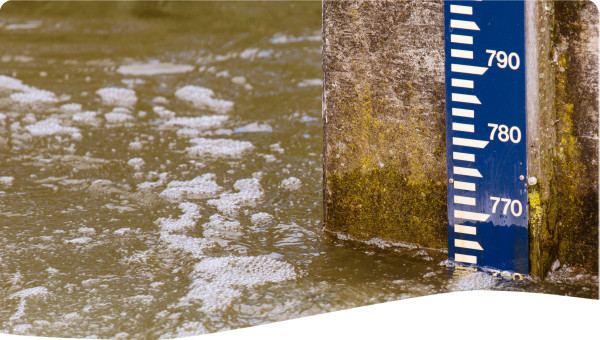Improved water resources governance supports important social, economic, and environmental objectives. The 2030 Agenda recognizes improved water governance to be critical for achievement of the Sustainable Development Goals (SDGs) and commits to monitor the progress of implementation of integrated water resources management (IWRM). This paper critically reviews the approach to monitoring SDG indicator 6.5.1 on implementation of IWRM. Firstly, the paper places the indicator monitoring within the context of other initiatives to measure water governance. Secondly, it analyzes experiences of application of the SDG indicator 6.5.1 methodology to evaluate the strengths and weaknesses of the indicator and presents the key findings of the 2017/2018 global baseline assessment of IWRM implementation. Baseline reporting shows that degree of IWRM implementation globally is 49%, though country scores range from 10 to 100%. Disaggregating the data by country and by aspect of water resources governance provides a diagnostic tool to identify areas of high and low progress, and, therefore, where increased resources and attention are required. The article concludes by suggesting how the next iteration of SDG indicator 6.5.1 monitoring cycle can be made into a tool for advancing the IWRM implementation and improved governance practices on the ground. It also proposes how the methodology can be strengthened to address current limitations, including aspects relating to integrity, accountability and transparency.
Description / Abstract
Publication year
Publisher
Thematic Tagging
English
 Resource -
Resource -
